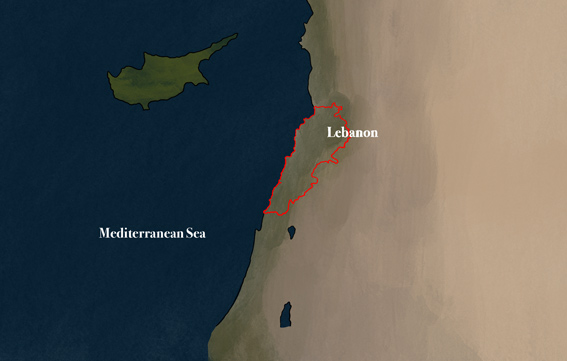



LEBANON
In Lebanon, the team will focus on the effort of reconstruction and recovery, including how this links with climate. At present, the economic crisis in Lebanon provides a unique opportunity and although the country is in serious need to completely revitalize its economy, the decisions that will be taken today will lock Lebanon’s economy for the coming decades. An economic development strategy will drive investments in certain sectors that will set the course of these sectors for the next generation. Therefore, the economic strategy that should be implemented should be forward looking, not limiting itself to what has worked well in the past.
With this in mind, the team in Lebanon will take into account the current efforts by the Lebanese government to reorient public and private investment towards climate impact mitigation and adaptation. This includes assessing the associated financial strategies, taxonomies, instruments and support, and the potential contributions these can make to climate proof development, emphasising the economic and market advantages of reorienting investment towards low emissions, highly resilient climate development. The team will also work on the synergies that can be built between human and natural systems, to enhance mitigation, adaptation, and other co-benefits, which can play a role in climate action, as well as their relationship with nature based solutions.
The team also seeks to examine the possibility of creating long-term institutional arrangements and/or a thinking and research hub. This type of permanent institution would enhance capacity and support to envision 2°-1.5°C futures and trajectories, policies and projects, and the associated skills, practices and knowledge, building upon the findings of the LbD project.

